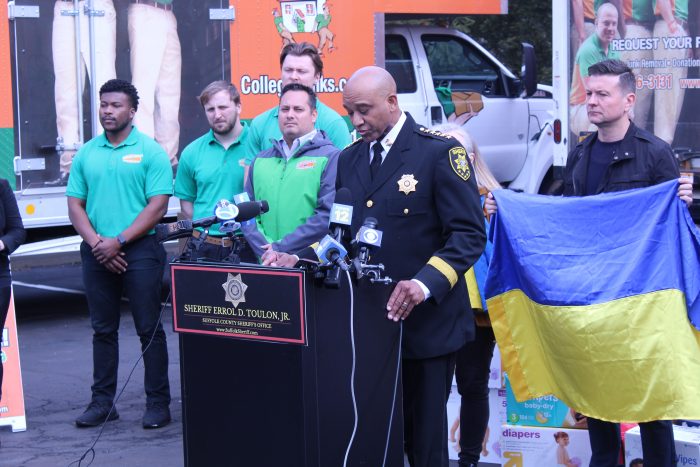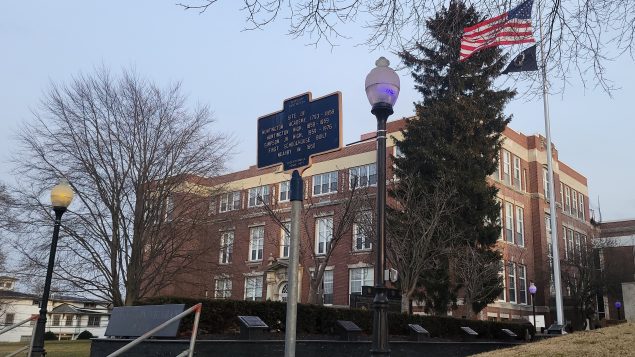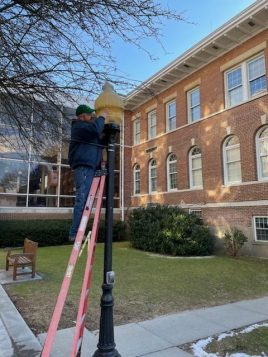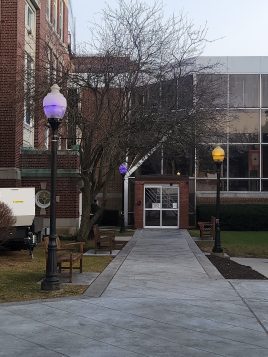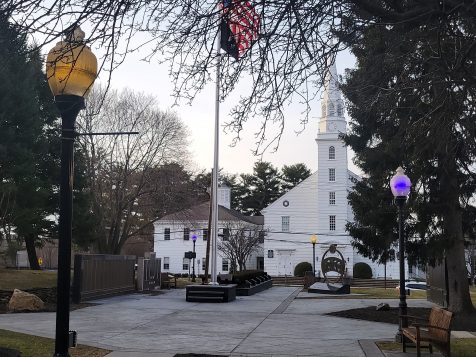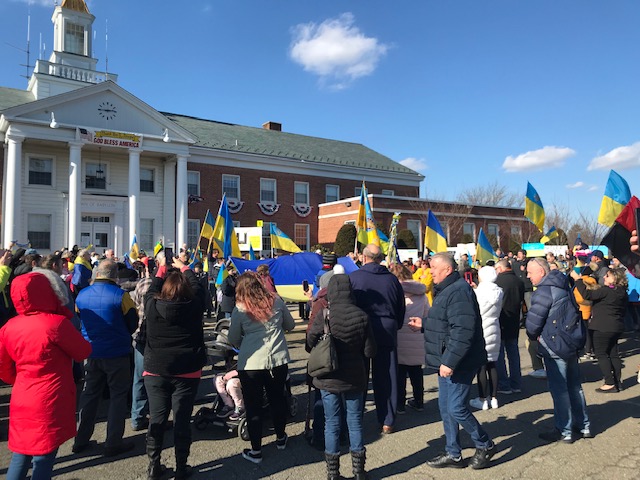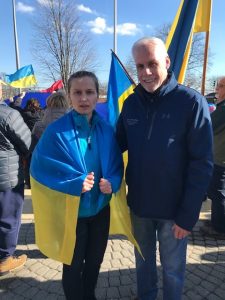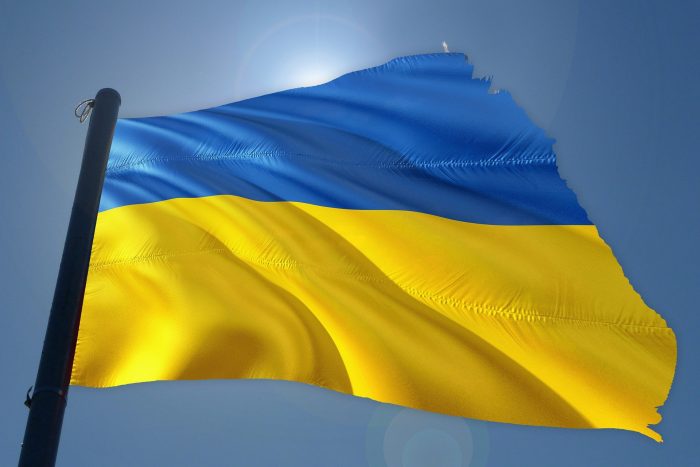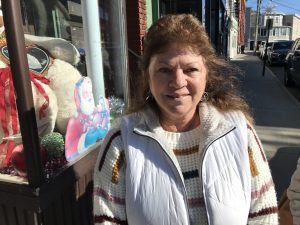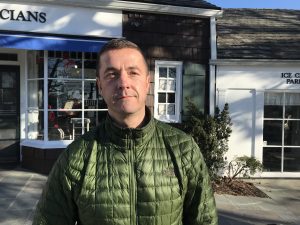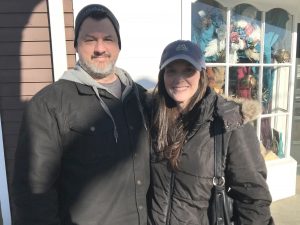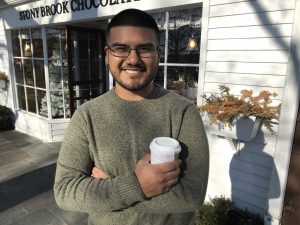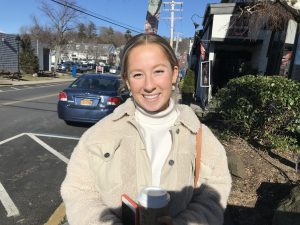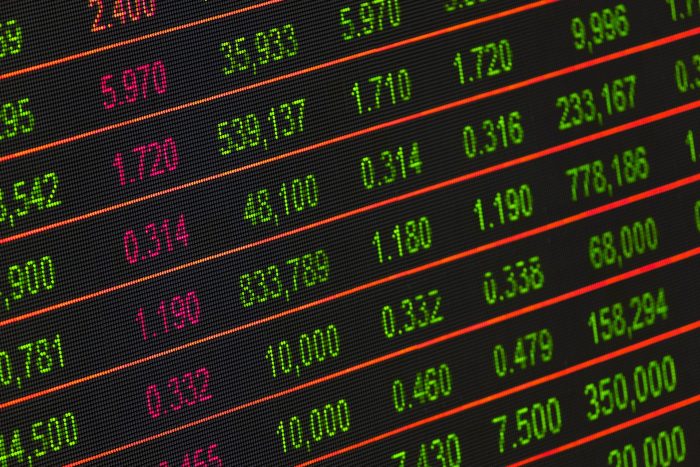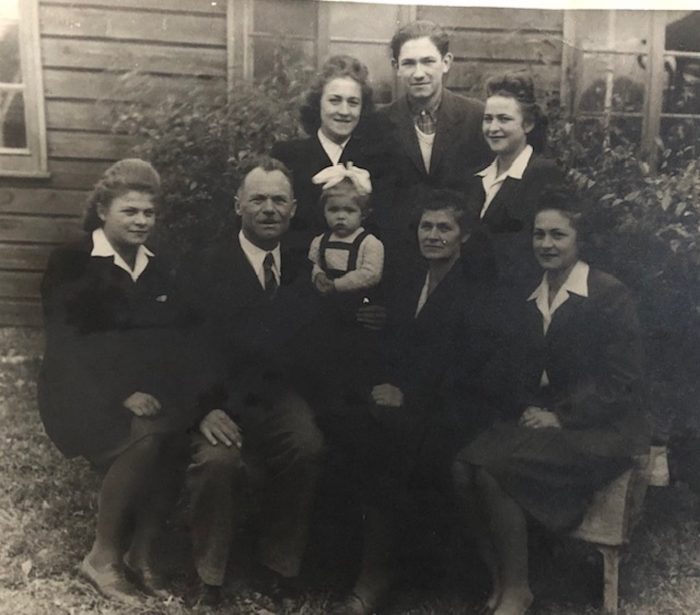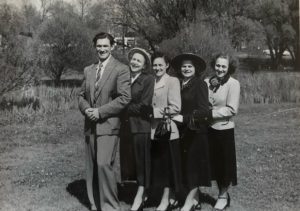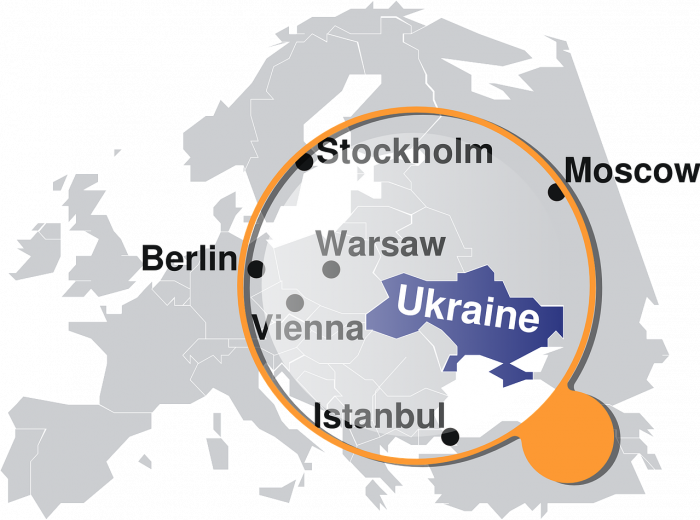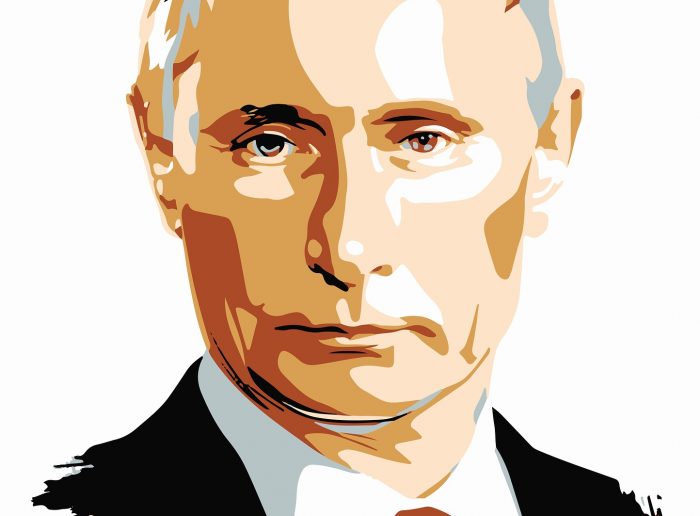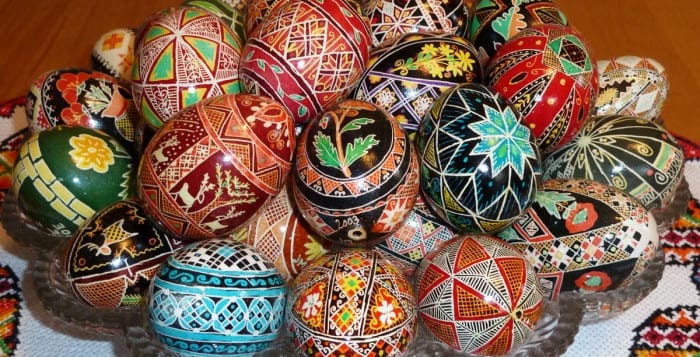Leaders gathered for a second straight week outside of the office of Dr. David Buchin, director of bariatric surgery at Huntington Hospital and coordinator of the Long Island Ukraine Emergency Response Drive, to announce a new round of donations to the Ukrainian war front.
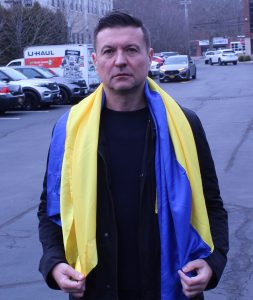
Buchin and his wife, Helene, launched the supply drive last week. Helene Buchin recounted her husband’s flight from Uzbekistan, a former Soviet bloc nation, when he was very young. Having experienced Russian belligerence firsthand, the Buchins consider humanitarian aid to Ukraine as a family priority.
“My husband is an American immigrant who fled Russia when he was 2 years old,” she said. “This cause is very much in our hearts.”
Along with the thousands of pieces of essential supplies already donated, this week’s donation included tactical defensive equipment from the Suffolk County Sheriff’s Department. Sheriff Errol Toulon Jr. (D) announced that his office will donate nearly 450 bulletproof vests to protect the Ukrainian people in their armed struggle against the Russian invasion.
“We stand with the people of Ukraine and want to help in any way that we can,” Toulon said. “I’m proud to announce that the Suffolk County Sheriff’s Office has been able to step up and provide materials that can help keep them safe.”
College Hunks Hauling Junk and Moving also joined the initiative. College Hunks representatives announced that the company would repurpose its moving trucks to transport the donated materials to a New York City processing facility. From there, they will be sent to New Jersey and finally Poland, where they will be distributed to the Ukrainians.
Ted Panebianco, local co-owner of the College Hunks franchise, thanked the people of Long Island. He believes Long Islanders have once again demonstrated that they can answer the call whenever suffering people are in need.
“Every time there is a chance to go out and help people, the Long Island community comes out in a big way and donates generously,” he said. “At College Hunks Hauling Junk and Moving, our purpose is to move the world. We are honored and grateful to have this opportunity to do it in probably the biggest way we ever have.”
Serge Sklyarenko, of the Ukrainian Congress Committee of America, has recently emerged as a visible figure of Ukrainian solidarity on Long Island. With a Ukrainian flag draped around his neck, he said the flag reflects his love of country and his close attachment to the cause of Ukrainian resistance.
“It feels like I have a piece of Ukraine right next to me, that it’s close to my heart,” Sklyarenko said, adding, “I have a lot of family in Ukraine in many different cities. They have gone through rough times, going in and out of bomb shelters. Some of my friends are on the front lines, some without any military experience.”
While the faces surrounding him may change from week to week, Sklyarenko’s message remains firm and unaltered. He warns that the Ukrainian crisis points to the repetition of a dangerous historical precedent, a foreshadowing of all-out global conflict.
“In 1939 Hitler attacked Poland, he did not stop,” he said. “I feel that Putin is doing something similar. I don’t think he’s going to stop.”
Sklyarenko said the Biden administration must adopt a tougher posture toward Russia, a foreign policy which includes a no-fly zone over Ukrainian airspace and the complete prohibition on the import of Russian oil.

